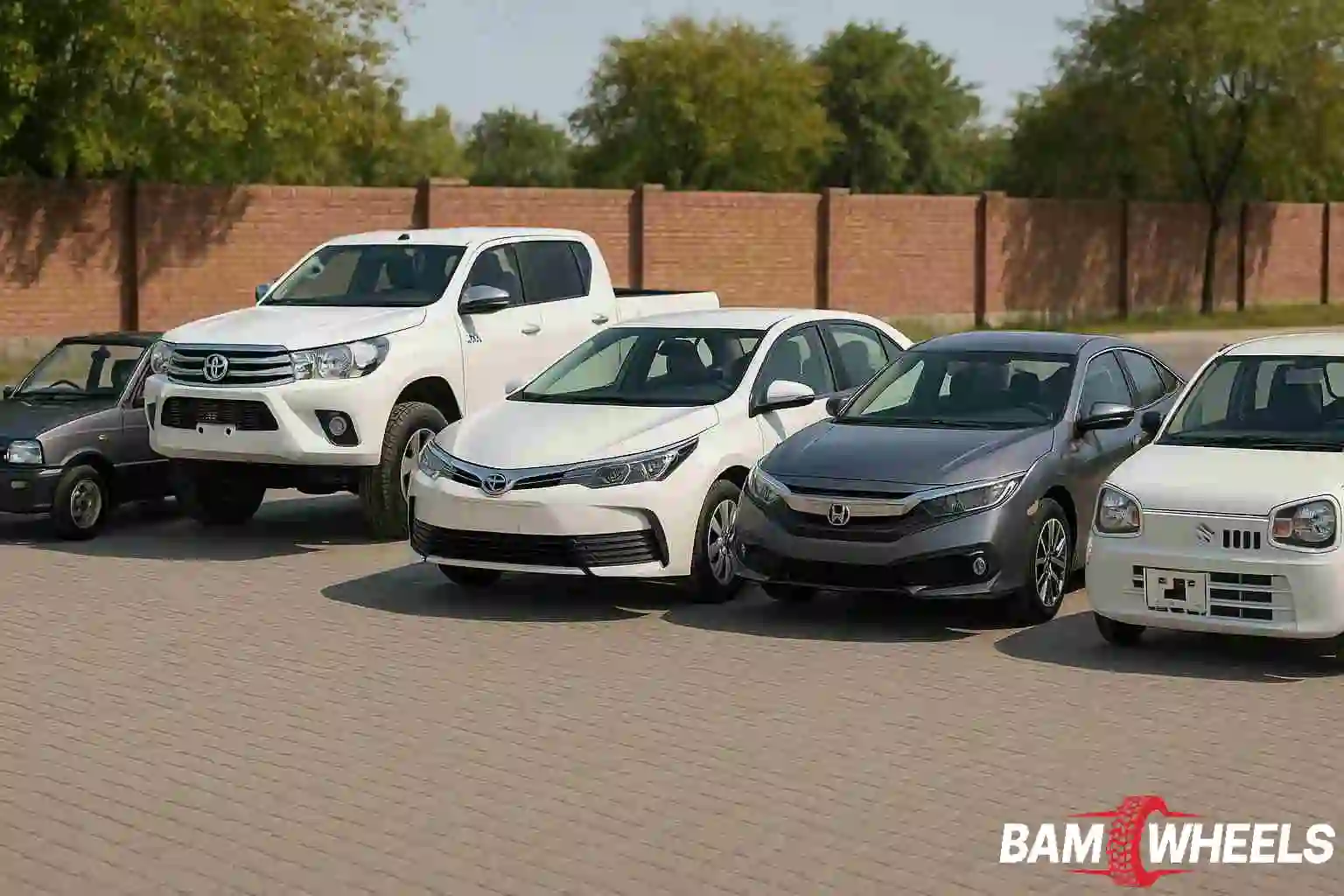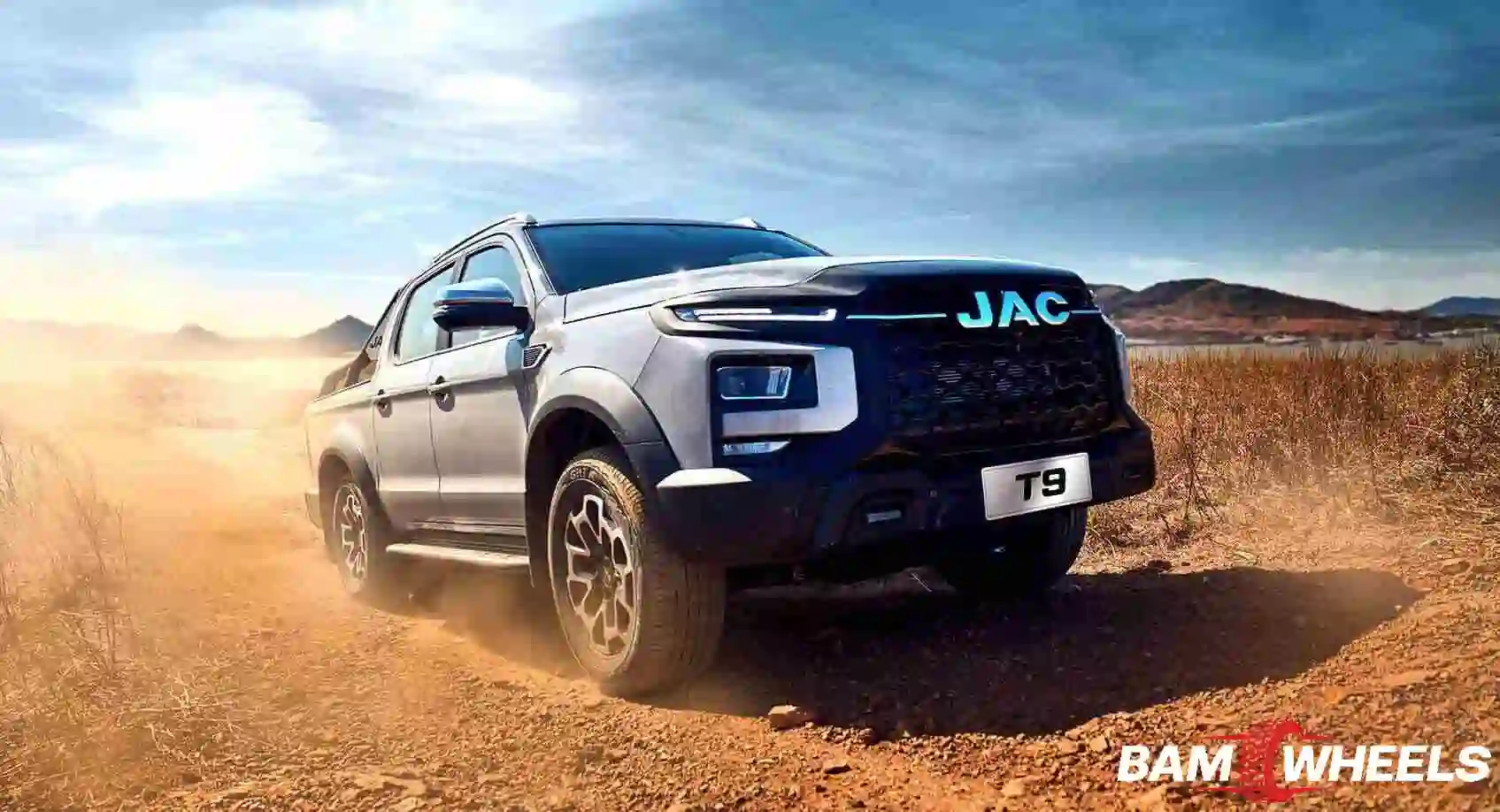Hybrid vehicles have been touted as a fuel-efficient and cost-effective alternative to traditional gasoline-powered cars. But does the initial premium price tag pay off in the long run? Let's dive into the numbers to find out.
The Initial Investment
- Higher Purchase Price: Hybrid vehicles often come with a higher sticker price compared to their gasoline counterparts.
- Potential Tax Credits and Incentives: In many regions, government incentives and tax credits can offset the initial cost.
Long-Term Savings
- Fuel Efficiency: Hybrids are renowned for their excellent fuel economy, significantly reducing fuel costs over time.
- Lower Maintenance Costs: Hybrid systems often require less maintenance, as they have fewer moving parts.
- Resale Value: Hybrids tend to retain their value better than traditional gasoline cars, leading to higher resale prices.
The Break-Even Point
The key to determining whether a hybrid is a financially sound choice lies in the break-even point. This is the point at which the cumulative savings from fuel and maintenance costs offset the initial premium paid for the hybrid.
Several factors influence the break-even point:
- Fuel Prices: Fluctuating fuel prices can impact the savings potential.
- Driving Habits: Frequent short trips may not fully utilize a hybrid's efficiency.
- Incentives and Tax Credits: Government incentives can accelerate the break-even point.
Vehicle Model and Technology:
Different hybrid models have varying levels of efficiency and initial costs.
The Verdict
While hybrid vehicles offer significant long-term savings, the break-even point can vary depending on individual circumstances. For those who drive frequently and are willing to invest upfront, a hybrid can be a financially wise choice. However, for occasional drivers or those with limited budgets, a traditional gasoline car may be a more cost-effective option.
To make an informed decision, consider the following:
- Calculate your annual mileage: The more you drive, the greater the potential savings.
- Research local fuel prices and incentives: These factors can significantly impact your overall costs.
- Compare the long-term costs of ownership: Factor in fuel, maintenance, and potential resale value.
- Consider your driving habits: If you primarily drive short distances, a hybrid might not be the best fit.
By carefully analyzing these factors, you can determine whether a hybrid vehicle is the right choice for your specific needs and budget.
Would you like to delve deeper into a specific aspect of hybrid vehicle ownership, such as battery life, maintenance costs, or government incentives?





